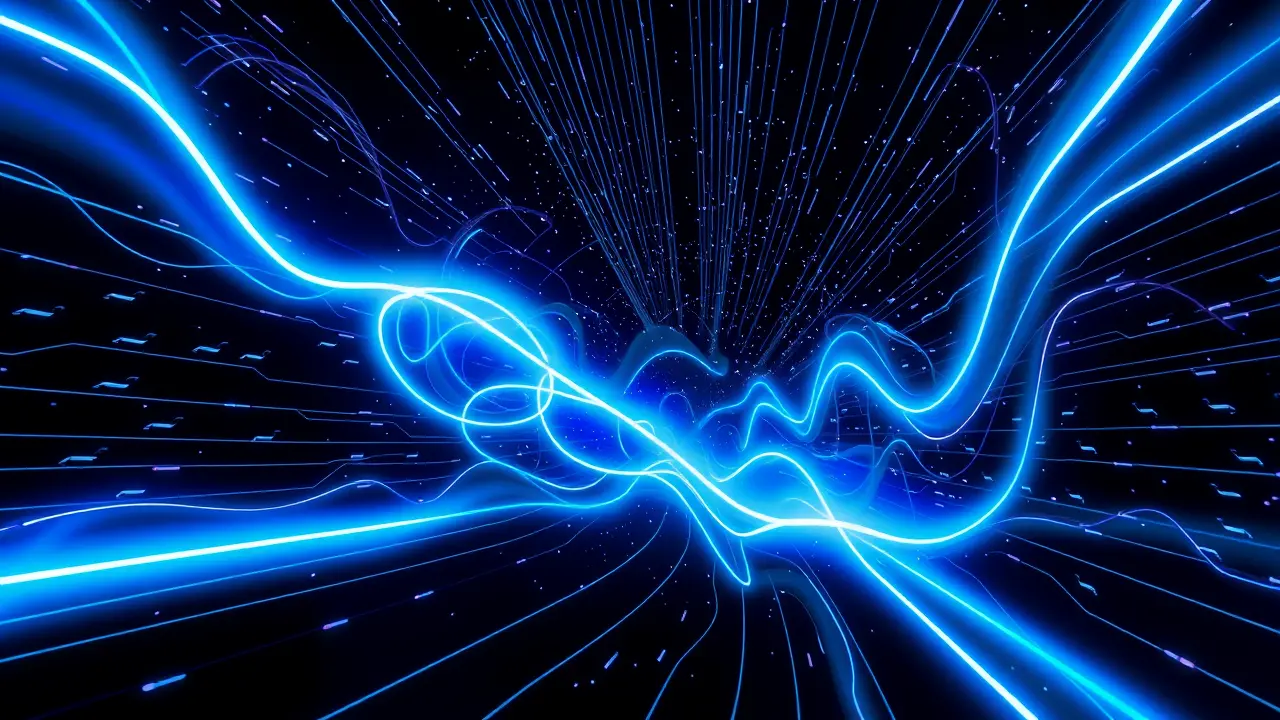
ScienceneuroscienceBrain Mapping
How the Brain Constructs Your Auditory World
LA
Laura Bennett
1 day ago7 min read2 comments
In the 1970s, psychologist Diana Deutsch was experimenting with a synthesizer in her lab when the ordinary fabric of her auditory reality suddenly tore open. She recalls the moment with vivid clarity, describing it as if she'd 'entered another universe or gone crazy,' a sensation so profound the world seemed to turn upside down.This wasn't a hallucination but a discovery—the Octave Illusion, a perplexing auditory trick you can experience for yourself—and it revealed a fundamental truth we often overlook: what we hear is not a direct, unfiltered broadcast from the world to our minds. Our brain is an active, relentless editor, constructing our auditory reality from the raw, often contradictory, data provided by our ears.As Professor Dan Polley explains, the brain has no direct contact with the physical world; everything we perceive, the very symphony of consciousness, is a meticulously built construct. This realization invites a deeper, more philosophical question that I've explored through countless conversations with neuroscientists, musicians, and individuals who have lost and regained their hearing: what are we truly hearing when we believe we are simply listening? The implications are both humbling and extraordinary.This neural editing power isn't just for processing everyday noise; it's the very mechanism that allows someone with a cochlear implant to retrain their brain to hear again. I spoke with one man who, after losing his hearing, embarked on the patient, poignant journey of teaching his brain to reinterpret the electronic signals from his implant.He did this by listening to the familiar, comforting cadences of Winnie the Pooh, a process that eventually allowed him to rediscover the complex orchestration of his favorite piece, Ravel's 'Bolero. ' His story isn't just one of medical marvel but of profound human adaptation, a testament to the brain's stubborn will to reconnect with the world.It echoes the experiences of others I've interviewed—people haunted by phantom sounds, scientists chasing the acoustic ghost of true silence, astronomers learning to listen to the vibrations of space itself. Their collective narratives paint a picture of hearing not as a passive sense but as an active, creative, and deeply personal act of interpretation, a dialogue between the external world and the internal self that defines our most fundamental experience of being.
#editorial picks news
#auditory perception
#brain processing
#hearing illusions
#cochlear implants
#neuroscience research
#sound barrier
Stay Informed. Act Smarter.
Get weekly highlights, major headlines, and expert insights — then put your knowledge to work in our live prediction markets.
Related News
© 2025 Outpoll Service LTD. All rights reserved.
